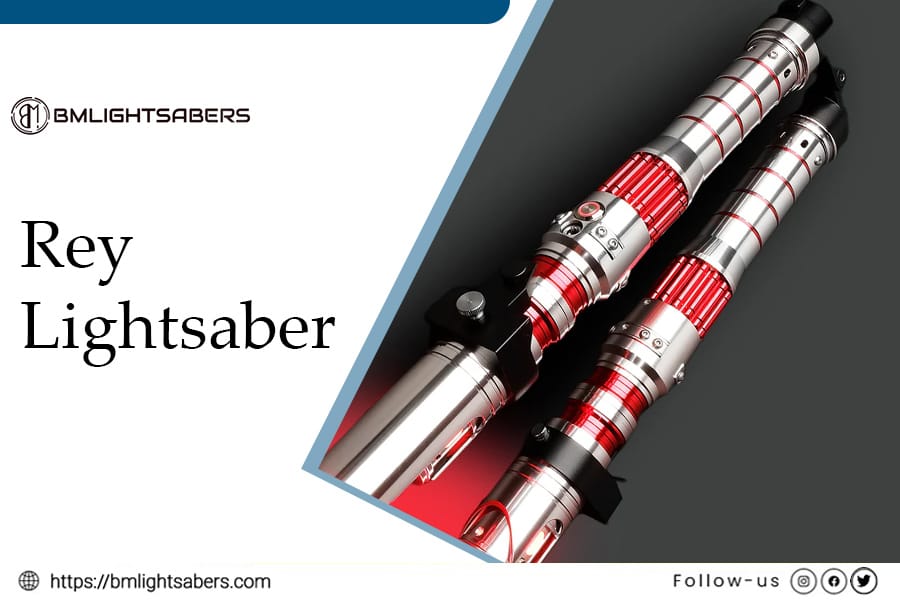In the business, proposal teams are often under pressure to meet tight deadlines while ensuring high-quality, error-free submissions. Traditional methods of handling Requests for Proposals (RFPs) and sales proposals can be slow and inefficient, leading to missed opportunities. As the business environment becomes increasingly competitive, organizations are turning to advanced technologies to stay ahead. One such innovation is artificial intelligence (AI), which is quickly becoming a game-changer for proposal teams.
ai rfp offers numerous benefits, including faster response times, improved accuracy, and streamlined collaboration. By automating repetitive tasks, AI allows teams to focus on the creative and strategic aspects of their proposals. In this blog, we will explore how AI is transforming the proposal management process and why it’s becoming essential for proposal teams.
The Struggles of Traditional Proposal Processes
For many businesses, creating proposals is a time-consuming, manual process. Teams often spend hours drafting responses to RFPs, sifting through past documents, and trying to align their answers with client requirements. This can lead to errors, inconsistencies, and missed deadlines, affecting a company’s ability to win new business.
- Manual Workload: Proposal teams are often hindered by repetitive tasks such as formatting documents, reusing old responses, and collecting relevant data.
- Time-Consuming: Gathering the necessary information, ensuring it’s up-to-date, and tailoring responses to each specific proposal takes significant time.
AI eliminates much of this manual workload, allowing teams to focus more on adding value to their proposals. With AI’s assistance, teams can automate the drafting, review, and content management processes, resulting in faster turnaround times and more effective proposals.
How AI Enhances Proposal Drafting
Creating proposals can be an arduous task, but AI simplifies it by automating many steps in the process. Here’s how AI is enhancing proposal drafting:
- Instant Response Generation: AI tools can quickly generate responses to questions or sections of a proposal by pulling from existing content in a knowledge base. This drastically reduces the time required to draft proposals and improves consistency across documents.
- Content Suggestion and Improvement: AI can analyze past successful proposals to suggest content that is most likely to resonate with clients. By reviewing historical data, AI identifies patterns and provides recommendations for improving proposal quality.
These AI-driven capabilities not only speed up the drafting process but also ensure that the content is aligned with past successes, increasing the chances of winning the proposal.
Improving Accuracy with AI
Proposal teams often face the challenge of ensuring accuracy across multiple sections of a proposal. Human errors, outdated information, and inconsistent language can creep in when proposals are manually drafted. Here’s how AI helps improve accuracy:
- Error Reduction: AI systems can scan proposals for spelling and grammatical errors, as well as flag inconsistencies in tone and formatting. This ensures that the proposal is polished and professional before submission.
- Up-to-Date Information: AI can automatically update content by pulling information from the latest documents, making sure the responses are accurate and current. Whether it’s financial figures, legal requirements, or product details, AI ensures that every part of the proposal reflects the most recent data.
With AI, proposal teams can be confident that their submissions are error-free, precise, and aligned with the latest business standards.
Enhancing Collaboration Across Teams
One of the key challenges in proposal creation is collaboration between different team members. Often, proposal teams consist of subject matter experts, writers, designers, and salespeople who all need to contribute to the document. AI can help streamline collaboration by:
- Centralized Platform: AI-powered platforms centralize all proposal data in one location, enabling team members to collaborate on the same document in real-time. This eliminates the need for endless email threads and ensures that everyone is on the same page.
- Task Assignment and Tracking: AI tools can automatically assign tasks to team members based on their expertise, such as assigning technical writers to handle technical sections and designers to work on visual components. AI can also track progress and ensure that deadlines are met.
By improving collaboration, AI ensures that each team member can contribute efficiently without losing valuable time on administrative tasks.
Personalizing Proposals with AI
Personalization is key when it comes to making proposals stand out. Clients are more likely to engage with a proposal that is tailored to their specific needs, rather than a generic response. AI can help personalize proposals in the following ways:
- Client-Specific Insights: AI can analyze the client’s business, needs, and preferences from past interactions, allowing the proposal to be more relevant and focused on their specific requirements.
- Dynamic Content Customization: AI tools can dynamically adapt the content of a proposal based on the client’s objectives. For example, if the client values speed, AI can highlight how the company’s solutions deliver rapid results.
By incorporating personalization into proposals, AI helps proposal teams connect with clients on a deeper level, increasing the likelihood of securing a contract.
Real-Time Analytics and Feedback
Another powerful feature of AI in proposals is its ability to provide real-time analytics and feedback. With AI-powered tools, proposal teams can:
- Track Engagement: AI can track how clients are interacting with proposals, including which sections they spend the most time on. This provides valuable insights into client priorities and interests.
- Instant Feedback: AI can provide real-time feedback on proposal content, suggesting improvements or adjustments based on client engagement patterns.
These analytics enable proposal teams to adjust their approach during the proposal process, thereby increasing the likelihood of closing the deal.
Cost-Efficiency and ROI with AI
One of the most compelling reasons to adopt AI for proposals is the significant return on investment (ROI) it offers. By automating repetitive tasks, enhancing collaboration, and ensuring accuracy, AI enables businesses to reduce operational costs and increase proposal win rates.
- Faster Turnaround Times: With AI handling the heavy lifting, proposal teams can respond to more RFPs in less time, increasing the overall volume of business won.
- Reduced Errors: AI’s ability to eliminate human errors reduces the need for costly revisions, ensuring that proposals are submitted correctly the first time.
In the long run, AI enables proposal teams to work more efficiently, resulting in improved profitability and faster business growth.
The Future of AI in Proposal Management
As AI technology continues to evolve, the potential applications for proposal management are endless. In the future, AI could:
- Predict Proposal Outcomes: By analyzing historical data, AI could predict the likelihood of winning a proposal based on various factors such as client preferences, proposal quality, and past interactions.
- Automate Entire Proposal Workflows: AI may eventually handle every aspect of proposal management, from drafting and content creation to submission and follow-up, further reducing the workload for proposal teams.
The future of AI in proposal management looks incredibly promising, with even greater opportunities for streamlining processes and increasing success rates.
Conclusion
AI is rapidly becoming a vital tool for proposal teams across industries. From streamlining the drafting process to enhancing collaboration and ensuring accuracy, AI is transforming how proposals are created, managed, and submitted. As businesses continue to embrace AI for proposals, the benefits become clear: faster turnaround times, improved quality, and higher success rates.
By automating repetitive tasks, AI also frees up valuable time for teams to focus on more strategic aspects of proposal development. As AI continues to evolve, it’s safe to say that it will become increasingly essential for proposal teams in the years to come.



